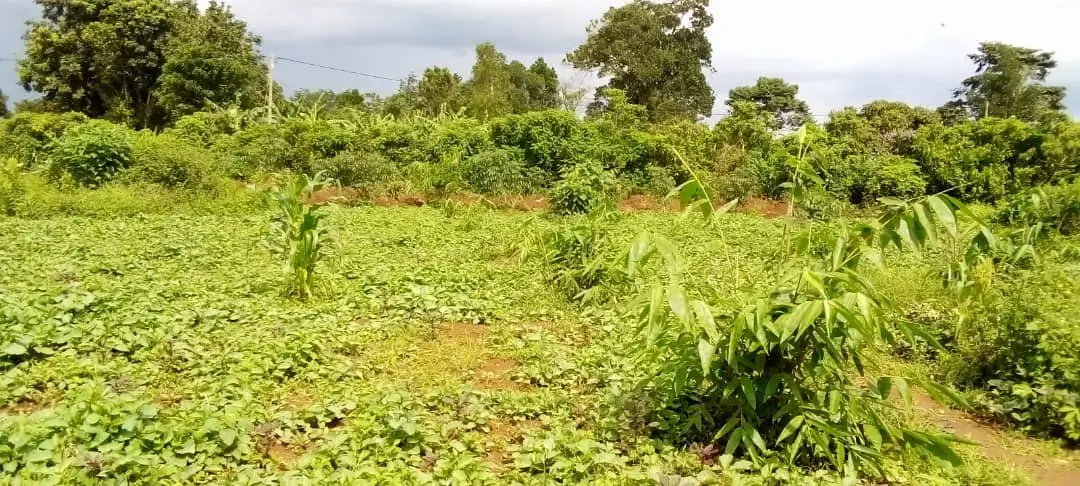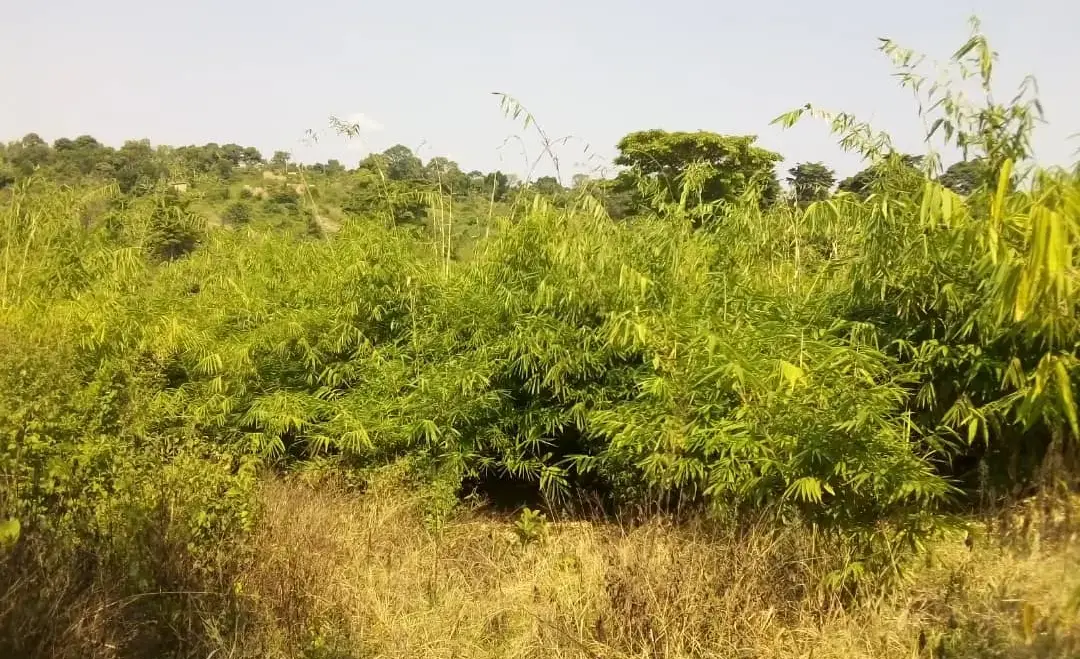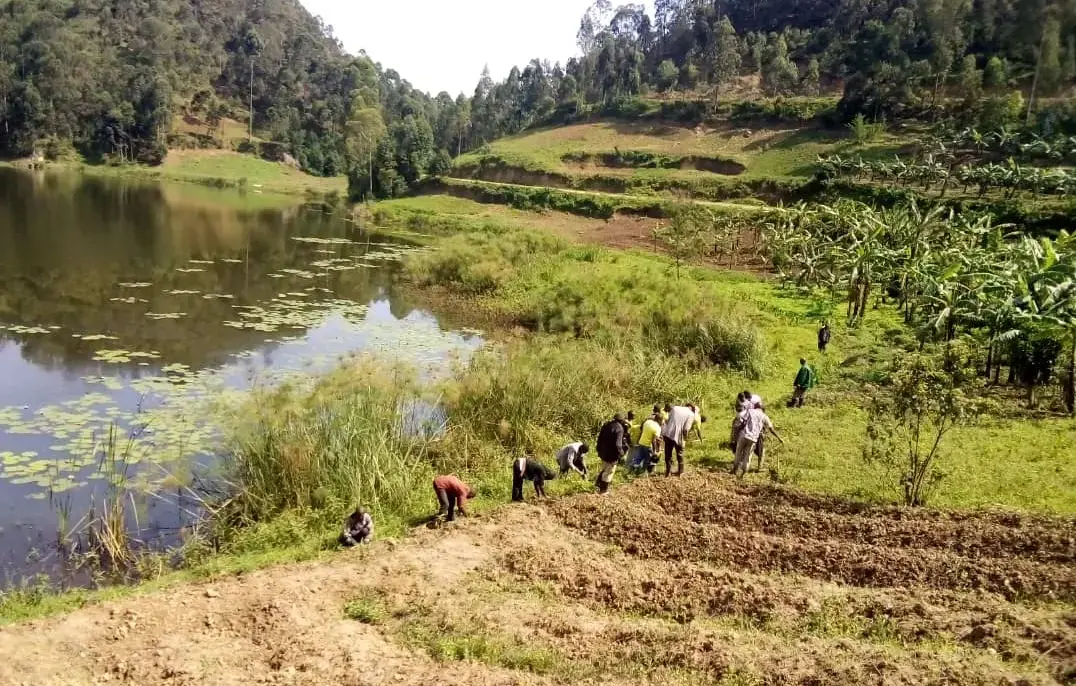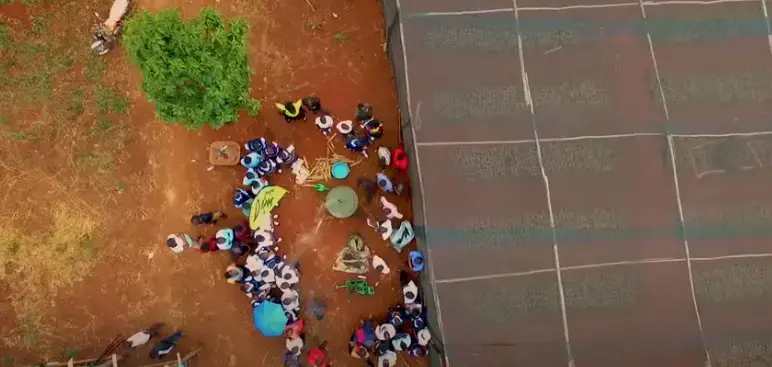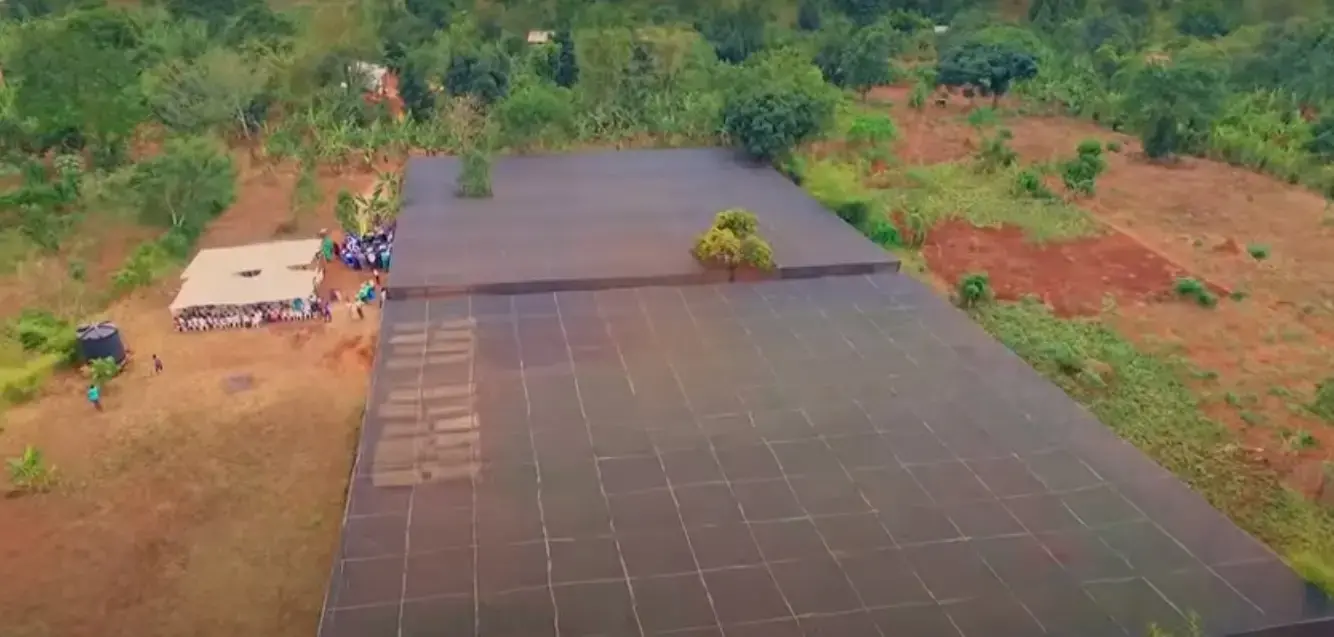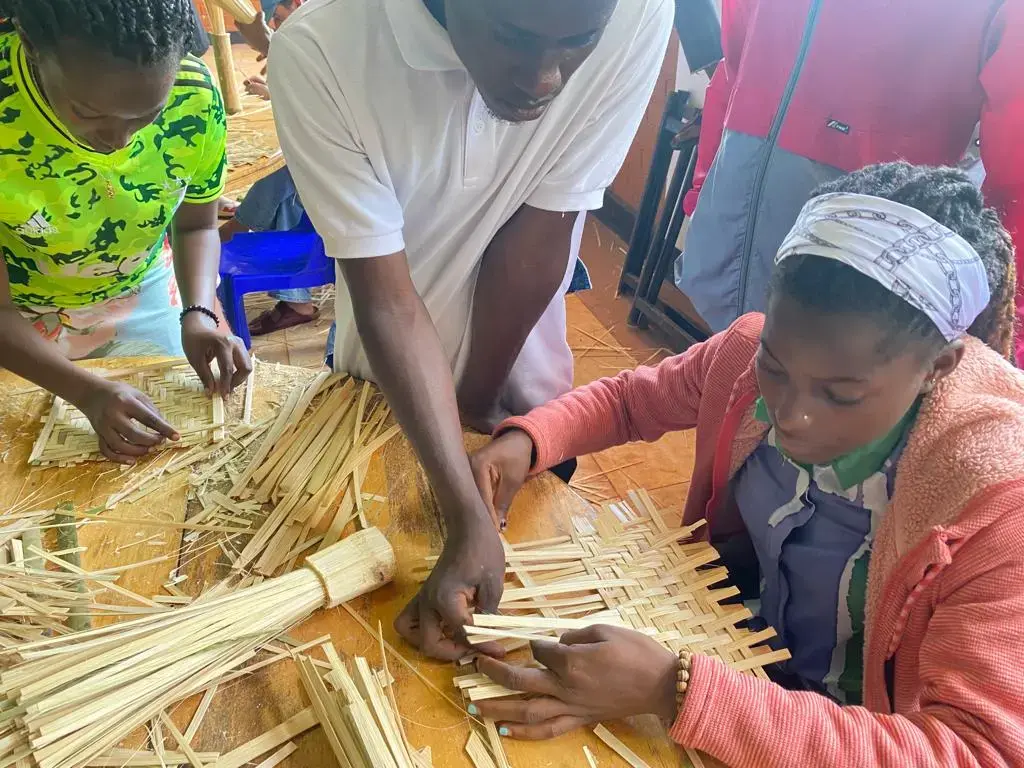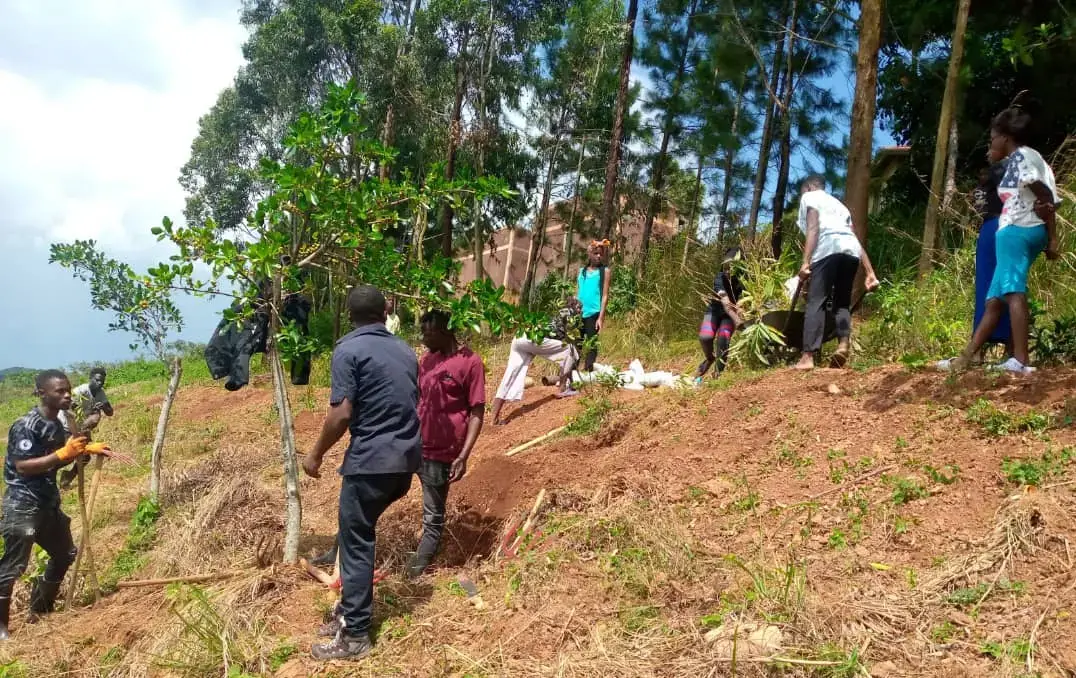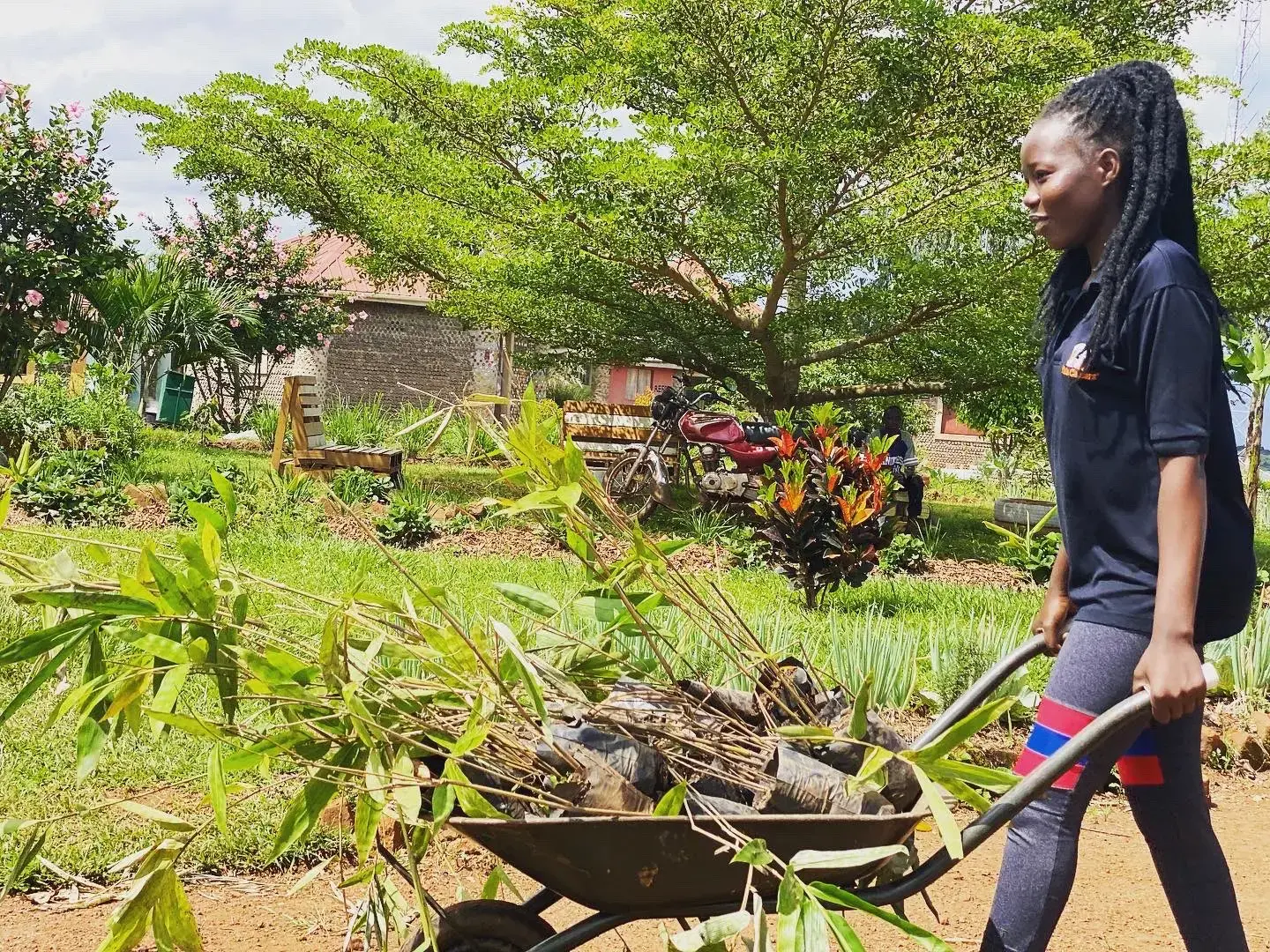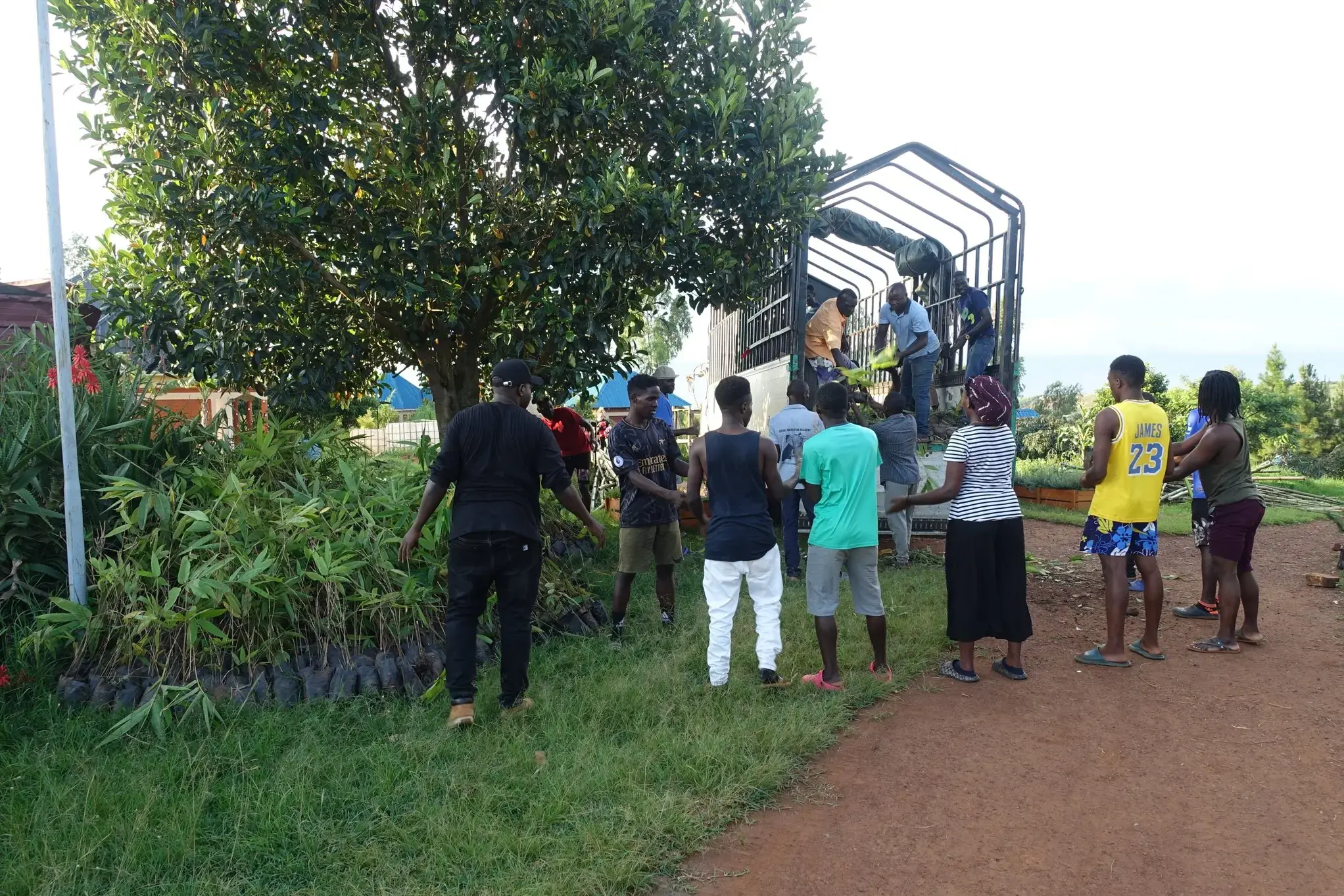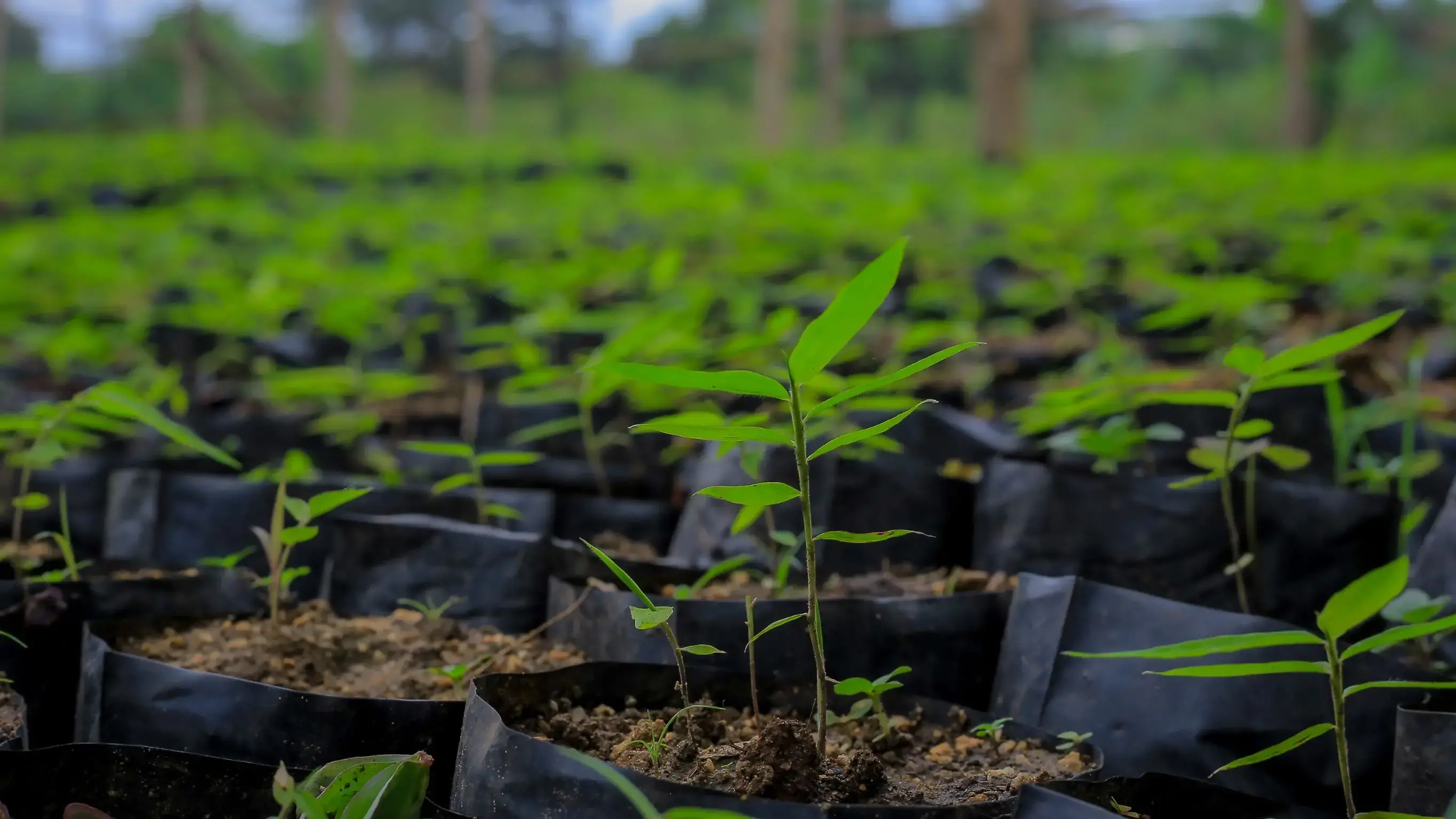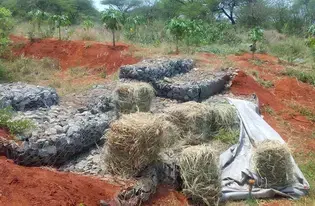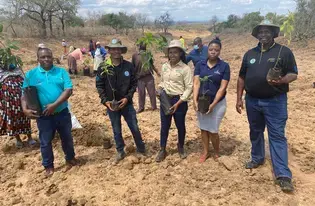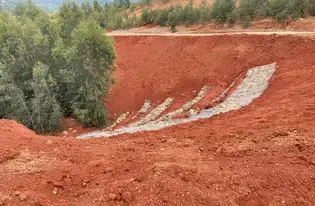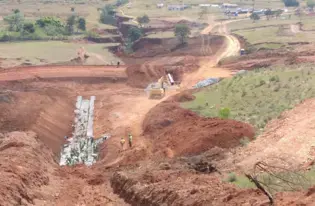In the fight against deforestation, Divine Bamboo’s renewable energy solution is a win-win for communities and the environment in Uganda.
More than 90 percent of Ugandans depend on wood and charcoal for energy and cooking fuel. The resulting deforestation is leading to erosion, especially along riverbanks, prolonging droughts, and making rainfall less predictable.
According to the International Monetary Fund Country Status Report, Uganda has lost more than a million hectares of tree cover due to deforestation over the past 20 years, nearly a third of its total.
Divine Bamboo Group Limited was founded in Uganda in 2016 with a focus on energy and forestry. Its mission is to end deforestation by replacing wood used for cooking with briquettes made from fast growing bamboo. Divine Bamboo’s overall goal is to see zero deforestation in Africa and ensure access to clean and renewable energy.
Divine Bamboo offers bamboo based resources by producing and preparing quality seedlings. Bamboo is a better alternative to wood and charcoal because it grows faster and regenerates every year. As a result, Divine Bamboo was the first in Uganda to produce briquettes from bamboo.
The company now has the largest bamboo nursery in Uganda with almost different species. These diverse species are planted across Uganda and have become a suitable alternative to wood and charcoal for cooking.
The company is now expanding its community engagement. In the Kayak region of Uganda, for example, the company is bolstering biodiversity while reducing the reliance on charcoal and firewood.
Divine Bamboo collaborates with and supports the community to cultivate bamboo in agroforestry systems. The company works with smallholder farmers to plant bamboo in their fields, and when the bamboo matures, they sell the stalks back to the company to earn additional income. The company also partners with private landowners to plant bamboo and shares the profits after the harvest.
To date, the company has established 12 hectares of bamboo plantation in the Nandere region, which suffered from deforestation as human settlements and farmland expanded. In addition, 5 hectares of land has been restored in Kalangalo and is now covered with bamboo. In total, more than 300 acres of land has been restored in partnership with foresters who received seedlings from the company and planted their own bamboo forests.
James Kyewalabye, Project Manager at Divine Bamboo, says the focus is on impact.
“Our business model allows us to work with multiple actors to achieve our mission. We value reforestation above anything, but we also make sure that the community and partners understand “Why bamboo?” and are involved and encouraged with a shared vision and benefits throughout the process,” says James.
Divine Bamboo, in partnership with WWF Uganda and other stakeholders, also engages the community by training and upskilling them on how to domesticate bamboo and take action for restoration. For example, they teach farmers about the sustainable harvesting methods that the company uses and encourage them to do the same.
The community has responded positively as they see the impact of growing bamboo. Bamboo is now known as a land stabilizer, especially in the areas of Uganda that are particularly hilly.
Divine Bamboo plans to establish a facility to produce more briquettes in an effort to put an end to deforestation and restore Uganda’s forests. Today, ongoing restoration efforts led by Divine Bamboo are bringing hope for a greener future.
